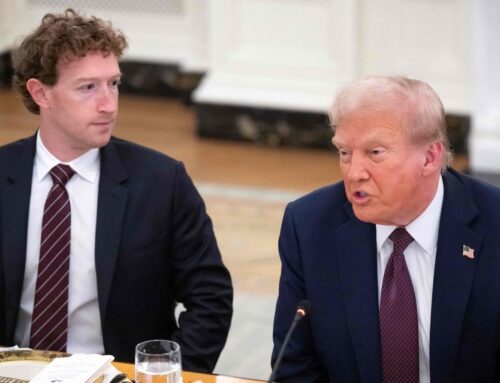BNP vows no polls nomination for environment destroyers
July 27, 2025

The Bangladesh Nationalist Party has warned that those who destroyed environment would not get its nomination to contest in the next national elections.
The warning came from party standing committee member and former commerce minister Amir Khosru Mahmud Chowdhury on Saturday at a dialogue titled ‘Road to Green Manifesto’ held at the Department of Environment headquarters in Dhaka.
Addressing the audience, he said that after Sheikh Hasina’s fall, people were thinking differently and politicians must understand that they would have no future if they brought destruction to the environment.
He said that their party acting chairman Tarique Rahman instructed them to plan 30 lakh trees that showed his commitment to the cause of environmental protection.
The chief guest of the event, environment, forest and climate change adviser Syeda Rizwana Hasan, said that the environment could no longer be treated as a ‘secondary’ issue—it must be brought to the centre of politics.
Environmental protection was a matter of public interest and national priority, she stressed, saying that political parties must be held accountable to people for implementing the environmental commitments made in their manifestos.
‘We must build a healthy, safe, and liveable Bangladesh for the next generation,’ she said.
She said that political parties must reflect in their action the lofty promises they often made in their election manifestos.
Bangladesh Jamaat-e-Islami assistant secretary general Ahsanul Mahboob Zubair said that governments changed but pollution continued to intensify.
He also suggested taking bath in the four filthy Dhaka rivers twice annually where mayors, lawmakers and government high officials would take part in a reflection of their commitment to environment protection.
Dhaka North City Corporation administrator Mohammad Azaz, Ganosamhati Andolan chief coordinator Zonayed Saki, leaders from other political parties and senior officials, among others, were present.
Shocheton Foundation and other civil society organisations jointly organised the dialogue focused on water, agriculture, food security and climate change.
Search
RECENT PRESS RELEASES
Related Post




